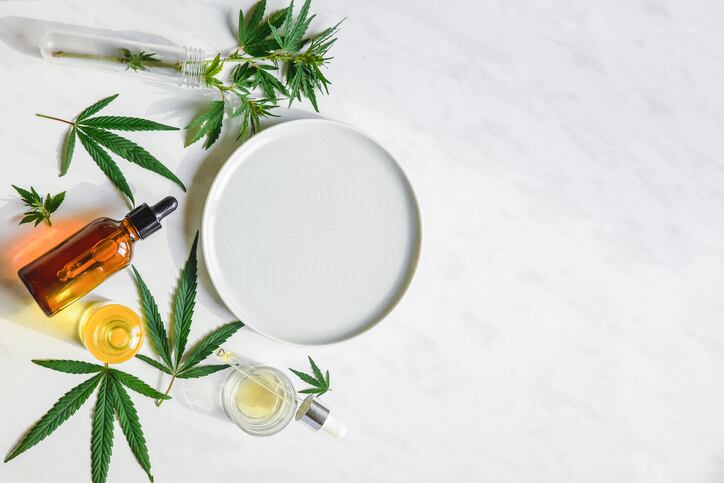The in-silico models were developed for a variety of industry applications such as environment, transport, aerospace, oil and gas and consumer care.
For the personal care space, the team created hair and skin models which can be used to address a variety of issues.
This includes formulation reaction to skin or hair or ingredient-ingredient interaction within the formulation during storage or during application.
“For example, we can use our modelling and simulation techniques to investigate the surface coverage of formulation on skin throughout the day and uptake of bioactive into the skin,” explained Dr Freda Lim, senior scientist, material science and chemistry, IHPC.
Lim elaborated that by understanding surface interactions between different materials as well as their diffusion rates, this technology can enable cosmetic manufacturers to better understand specific issues.
“We can enable our research partners to understand how the composition of their formulations affects how well the formulation coats the skin surface with sweat and sebum production throughout the day,” said Lim.
She added that the technology can help companies reduce the back-and-forth or trial and error.
“Our work aims to enable cosmetic companies to understand the function and performance of their products better and enable them to reduce the design cycle by moving away from trial and error.”
In-depth observation
These methods and tools can also enable researchers to quantify the uptake of bioactive into the skin and eliminate the need for animal testing.
“Our in-silico methods and tools will help us overcome some of the ethical and animal-cruelty issues faced by the current in-vivo, ex-vivo and in-vitro methods of looking at active absorption and permeation,” said Lim.
This technology can also help cosmetic product developers see how ingredients react on a molecular level.
“We have a suite of modelling methods that we can use to probe interactions at different times and length scales,” said Lim
“For example, we can investigate molecular interactions at atomistic scales to elucidate how molecular structures affect interactions. We can also investigate larger scale aggregation and phenomenological interactions of polymers and surfactants in the formulations.”
Most recently, Lim and her team built a tool to predict encapsulation efficacy which will allow formulators to find the best polymer materials to encapsulate ‘costly or sensitive bioactives’.
“These tools which we are developing will enable chemists and formulators to shorten design cycle time by shortlisting potential candidates to zoom in and be produced in the lab.”
Additionally, she added that the team was equipped to perform data-driven analysis to address a variety of concerns faced by the industry, such as predicting formulation stability, understanding formulation clustering and similarity, ingredients toxicity.
Lim concluded: “It is important to note that we have more than one technology capability. We have a suite of modelling and simulation know-how that can enable consumer care companies. Moving forward, we will be developing tools by putting together our know-how to enable faster turn-over of our research work into translatable outcome.”



